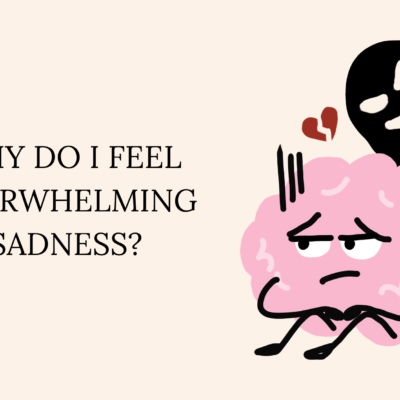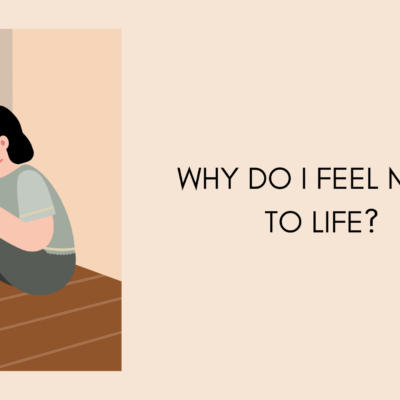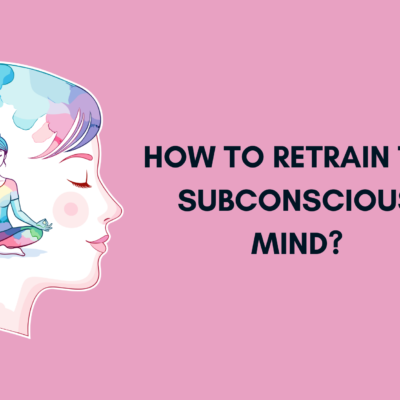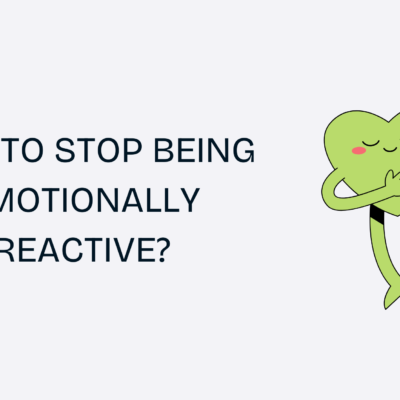How to Fix Communication Problems in a Relationship: Communication is the backbone of any healthy relationship. It’s how we connect, understand, and support one another. Yet, many couples struggle with miscommunication, unspoken feelings, and unmet expectations. Whether you’re facing frequent arguments, silent treatments, or just a general sense of disconnection, fixing communication problems can transform the quality of your relationship.
This article explores the root causes of communication breakdowns, the impact they have on a relationship, and offers actionable steps to improve communication and rebuild emotional intimacy.
Also Read:
Why Communication Breaks Down
Before you fix it, you need to understand it. Communication problems don’t usually appear overnight. They tend to build over time due to various emotional, psychological, and environmental factors.
1. Assumptions and Mind Reading
Many people assume their partner “should know” what they’re feeling or thinking. This expectation can create silent resentment.
2. Fear of Vulnerability
Opening up emotionally can feel scary. Fear of judgment, rejection, or conflict often leads people to withhold their true thoughts.
3. Poor Listening Skills
Often in conflict, both partners are more focused on being heard rather than listening. Interruptions, defensiveness, or ignoring subtle cues all contribute to miscommunication.
4. Unresolved Past Conflicts
Old issues that haven’t been resolved can resurface in new arguments. This creates a pattern of emotional reaction rather than healthy discussion.
5. Differences in Communication Styles
Some people are direct; others are indirect. Some prefer logical reasoning; others express themselves emotionally. These differences can lead to misunderstanding.
Signs Your Relationship Has Communication Issues
- Frequent misunderstandings or arguments over “small” things
- Avoiding difficult conversations altogether
- Feeling emotionally distant or disconnected
- Using sarcasm, criticism, or silence as communication tools
- One partner dominating conversations while the other withdraws
- Repeated conflicts with no resolution or growth
How to Fix Communication Problems
The good news? Communication is a skill. It can be learned, practiced, and improved. Here’s a step-by-step guide to rebuild healthy communication in your relationship.
1. Create a Safe Space for Honest Conversation
Emotional safety is essential. Both partners need to feel they can speak honestly without being judged, ridiculed, or punished. Start by agreeing that the goal is connection, not blame.
Tips:
- Choose a calm time to talk, not in the heat of an argument.
- Avoid using accusatory language (“You always…” or “You never…”).
- Use a calm tone of voice and open body language.
2. Practice Active Listening
Listening isn’t just about being quiet. It means fully being present, making an effort to understand the other person’s perspective, even if you don’t agree.
Tips:
- Reflect back what you hear: “What I hear you saying is…”
- Ask clarifying questions: “Do you mean that you felt ignored when I said that?”
- Resist the urge to interrupt or formulate your reply while your partner is talking.
3. Use “I” Statements Instead of “You” Blame
Blaming language shuts people down. “You” statements tend to sound like attacks, while “I” statements express feelings without placing blame.
Examples:
- Instead of “You never listen to me,” try “I feel hurt when I don’t feel heard.”
- Instead of “You make me so angry,” try “I feel frustrated when we don’t resolve our issues.”
4. Recognize and Regulate Your Emotions
Emotions can hijack conversations. Anger, sadness, fear, or resentment can lead to reactive behavior. Learning to regulate your emotions allows you to respond rather than react.
Tips:
- Take a pause before responding when emotions rise.
- Name your feelings internally (“I’m feeling angry” instead of “I am angry”).
- Use breathing exercises to calm your nervous system.
5. Establish Communication Boundaries
Healthy communication requires mutual respect. Set boundaries around yelling, name-calling, stonewalling, or walking away without explanation.
Agreements can include:
- “We don’t yell during arguments.”
- “If either of us feels overwhelmed, we can take a 20-minute break to cool down.”
- “We don’t interrupt until the other finishes speaking.”
6. Schedule Regular Check-ins
Life gets busy. Emotional connection requires intentional time. A weekly or bi-weekly check-in can help address issues before they turn into bigger problems.
Check-in questions can include:
- “What made you feel loved this week?”
- “Is there anything you’ve been holding in?”
- “How can I support you better right now?”
7. Understand Each Other’s Communication Styles
Learn your partner’s communication language. Are they more expressive or more reserved? Do they need time to process emotions? Do they value logic or emotional expression more?
Tip: Talk about how you both prefer to be approached in conflict. For example:
- “When I’m upset, I need space before I talk about it.”
- “I need reassurance when you’re quiet, or I assume something’s wrong.”
8. Use Non-Verbal Communication Effectively
Words are just one part of communication. Facial expressions, tone, eye contact, gestures, and body posture all send messages.
Tips:
- Maintain eye contact to show engagement.
- Avoid crossed arms or rolling your eyes, which can feel dismissive.
- A gentle touch, smile, or nod can make your partner feel safe and heard.
9. Don’t Avoid Conflict — Learn to Navigate It
Conflict is not the enemy — it’s how you handle it that matters. When dealt with constructively, conflict can lead to deeper understanding and growth.
Tips:
- Stay focused on one issue at a time.
- Don’t bring up past fights in the heat of the moment.
- Remember: the goal is to resolve, not to “win.”
10. Seek Professional Help if Needed
Sometimes, communication problems are deeply rooted in past trauma, unresolved issues, or long-standing patterns. A couples therapist or counselor can offer tools and insights tailored to your unique relationship.
Therapy can help you:
- Understand emotional triggers
- Learn conflict resolution strategies
- Rebuild trust and emotional intimacy
Additional Strategies
Gratitude and Appreciation
Sometimes, communication feels negative because all the focus is on what’s going wrong. Make space for appreciation and positivity.
Try:
- Expressing one thing you appreciated about your partner each day.
- Leaving kind notes or sending thoughtful texts during the day.
Forgiveness and Letting Go
Some conversations go in circles because one or both partners are holding onto past hurts. While forgiveness doesn’t mean forgetting, it does mean letting go of the need to punish.
Tip: If you say you’ve forgiven someone, try not to weaponize that issue again in future arguments.
Conclusion
Communication problems in relationships are common, but they’re not unfixable. It takes self-awareness, patience, and practice to unlearn old habits and create new ones. Start with empathy, commit to understanding each other better, and remember — communication is less about what you say and more about how you both feel after it’s said.
Relationships thrive not because they avoid conflict, but because both partners are willing to work through it with love, honesty, and a genuine desire to grow together.
No one is a perfect communicator, but every step you take toward openness and understanding strengthens your bond. Fixing communication doesn’t happen overnight, but it does begin with a single, heartfelt conversation.






